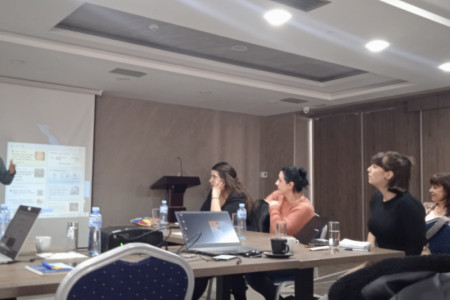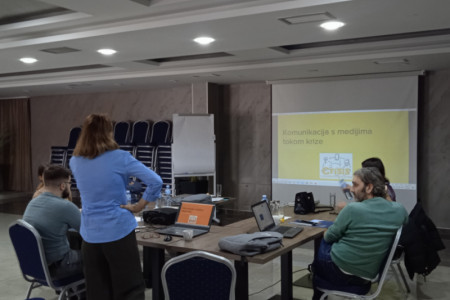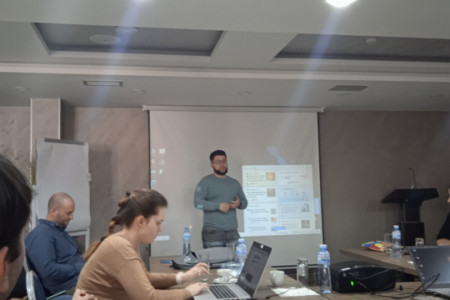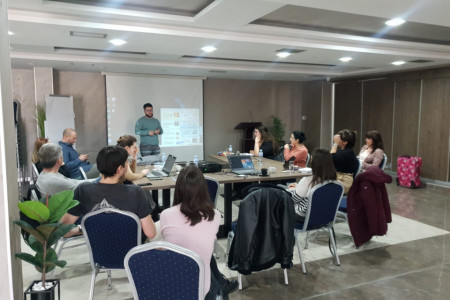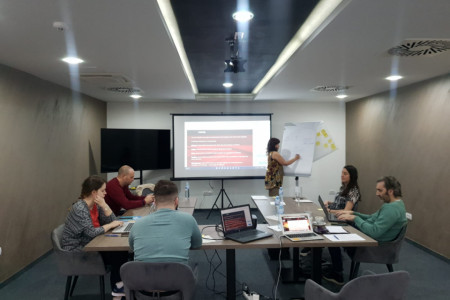Civil society and media are important corrective tools and alarms for identifying irregularities that society is facing. Through their activities, civil society organizations advocate the interests of all of us, but also enable the voices of citizens to be heard, recognized and respected. Free media that truthfully and timely inform citizens is undoubtedly an indispensable step towards a society based on democratic values. However, for civil society organizations and the media to reach as many people as possible, inform the public about what they are doing, and encourage them to take part in the decision-making process, it is necessary to address that public in the right way.
For civil society organizations and the media to share their messages with the desired community, it is important to determine in the right way who their messages are intended for. When thinking about who makes up our community, we need to ask ourselves how what we do can be related to the needs, desires and demands of people who need exactly what we can offer. The key messages we send to the public must be tailored to the target group we communicate with, in order to present our values, attitudes and everything that makes up the identity and brand of an organization or media.
Communication of civil society organizations and the media with the public is important for greater visibility, promotion and recognition of their work. To successfully convey the message, it is necessary to use channels and communication tools that are adapted to the public we are addressing. Communication channels are an important way for sending messages and it can vary - direct communication or conversation, advertising on the site or social networks are the most commonly used channels, while tools such as brochures, posters or materials convey the message to the targeted public. One creative process in which a communication strategy is created involves the collection and incubation of information, followed by the creation of an idea, integration and finally the illustration by which the organization or medium is presented to the selected public.
For CSOs and local media, finding the right way to communicate with the target community or make contact with already profiled media that could further convey their messages can often be extremely difficult. That is why it is important to empower local actors and direct them to specific tools and strategies that they can use to promote and share their work with the target community as effectively as possible.
A workshop on media communication, crisis communication and community building was held on March 16-18, with the participation of 11 partner organizations. The workshop was organized by the Belgrade Open School within the project "Civil Society for Improving Serbia's Accession to the European Union", which is implemented with the support of the Embassy of Sweden in Belgrade

